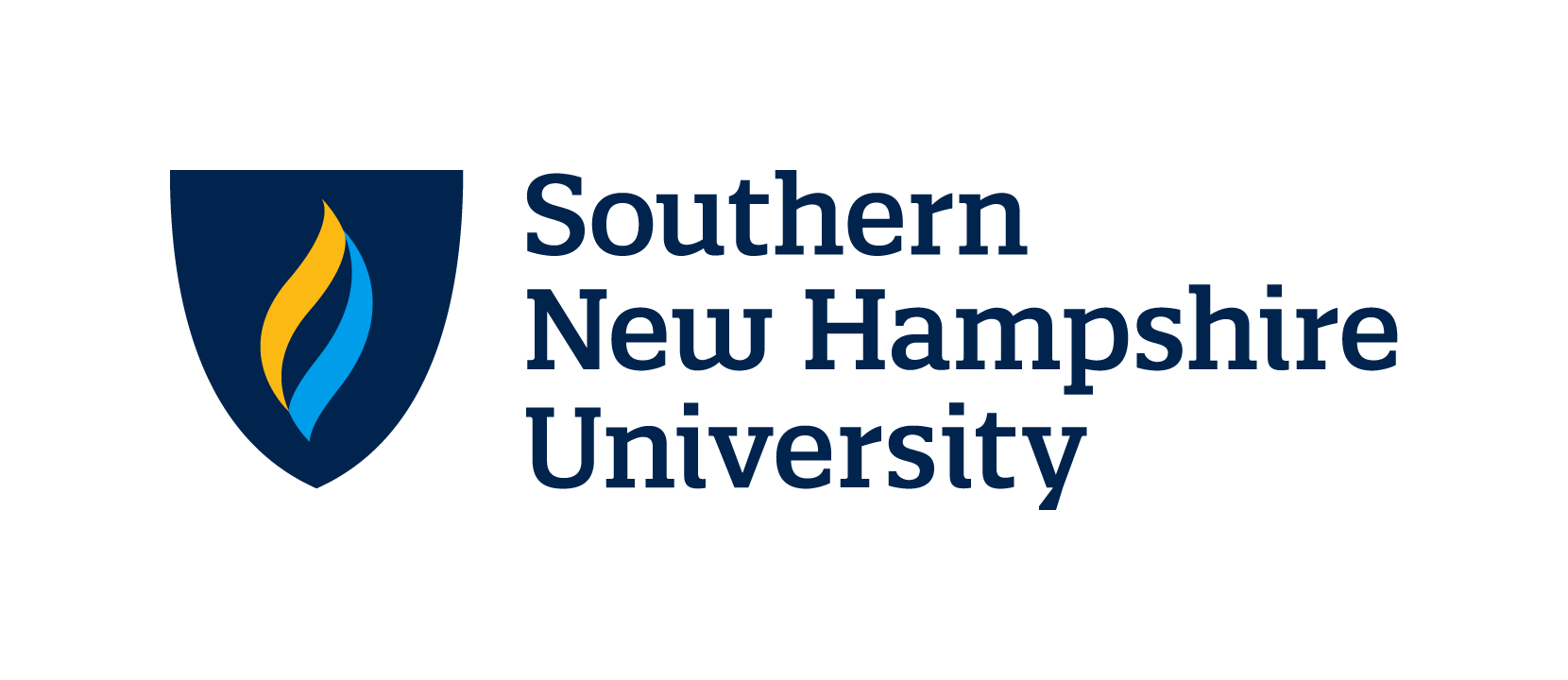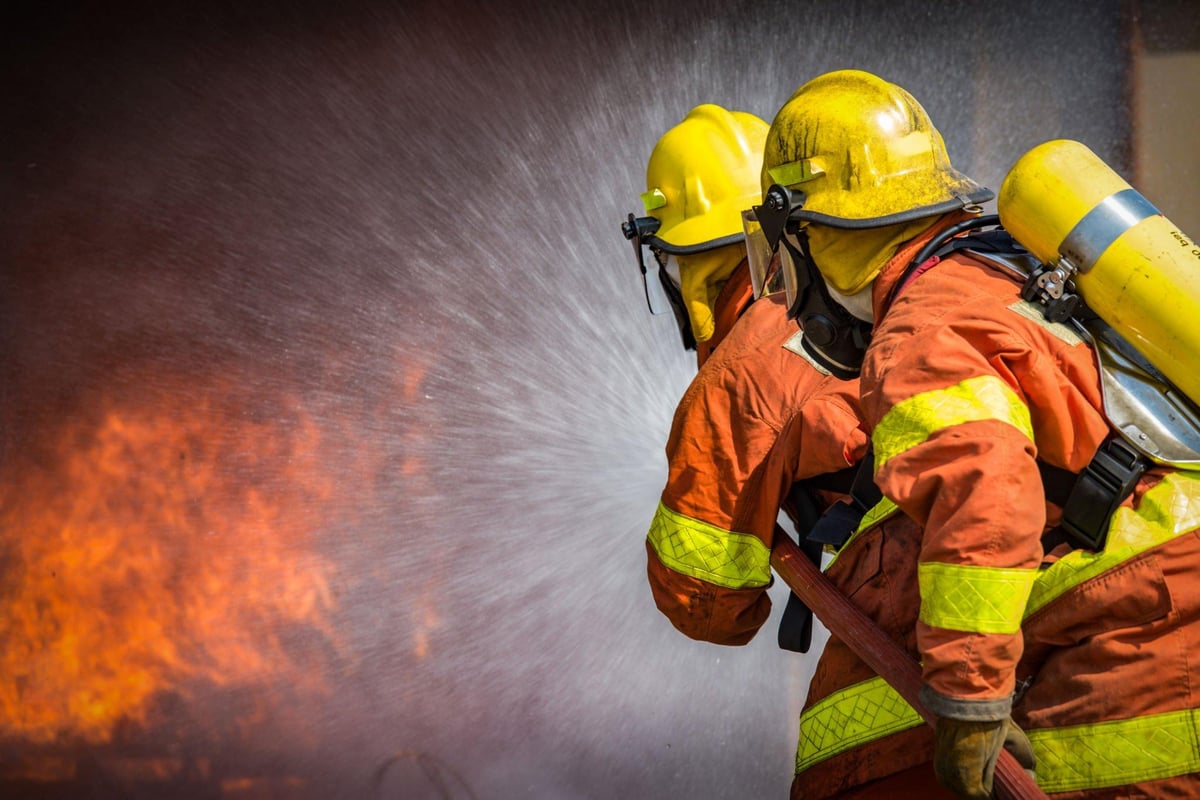Fire Science classes near me in Provo
In the Provo metro area, the average cost of a class is $12000 and the average class length is approximately 28 weeks long
Trade and industry classes near
Provo, UT 84601Online classes
Financial aid
Certificate
Short classes

Penn Foster
Diesel Mechanics/ Heavy Truck Maintenance Career Diploma
- Affordable, accredited, self-paced
- Students receive Snap-on tools discount

Southern New Hampshire University
BS Operations Management with concentration in Logistics and Transportation
- Complete your degree at your own pace
- 24/7 online accessibility

Penn Foster
Gunsmith
- Online, affordable, accredited, self-paced
- Learn how to get your FF license
Fire Science classes near me in Provo
Are you interested in a career in firefighting? Do you want to learn the skills and knowledge necessary to become a firefighter? If so, taking fire science classes may be the perfect option for you. In this blog post, we will explore what fire science is, the training requirements, what to look for in a class, what to expect from the day-to-day class, the certification process, how to find related jobs, and what other classes you can take after becoming a fire science professional. If you're ready to embark on an exciting career in firefighting, keep reading to find out more!

Introduction
Fire science is the study of fire behavior, fire prevention, and the techniques and strategies used in firefighting. It is a multidisciplinary field that combines elements of chemistry, physics, engineering, and emergency management to ensure the safety of individuals and communities. Fire science professionals play a crucial role in protecting lives and property from the devastating effects of fires.
What is Fire Science?
Fire science is a field that encompasses the study of fire behavior, fire prevention, and fire suppression techniques. It involves understanding the chemistry and physics of fire, as well as the strategies and tactics used in firefighting. Fire science professionals are responsible for extinguishing fires, conducting fire investigations, and educating the public on fire safety.
Training Requirements
To become a fire science professional, you will need to complete a training program that provides the necessary knowledge and skills. The specific requirements may vary depending on the state and the type of firefighting position you are interested in. However, most fire science programs include the following:
- Fire behavior and combustion
- Fire prevention and inspection
- Fire protection systems
- Hazardous materials
- Emergency medical services
- Building construction and codes
What to Look for in a Class
When searching for fire science classes near you in Provo, there are several factors to consider to ensure you find the best program for your needs. Here are some things to look for:
- Accreditation: Make sure the program is accredited by a recognized accrediting body. This ensures that the program meets certain standards of quality and that your credentials will be recognized by employers.
- Experienced Instructors: Look for programs that have experienced instructors with real-world experience in firefighting. This will ensure that you receive practical, hands-on training.
- Facilities and Equipment: Check out the program's facilities and equipment to ensure they are up-to-date and provide a realistic training environment.
- Job Placement Assistance: Find out if the program offers job placement assistance or has connections with local fire departments. This can greatly increase your chances of finding employment after completing the program.
What to Expect from the Day-to-Day Class
Fire science classes typically consist of a combination of classroom instruction, hands-on training, and practical exercises. Here is what you can expect from the day-to-day class:
- Classroom Instruction: You will learn about fire behavior, fire prevention, firefighting strategies and tactics, and other relevant topics through lectures, discussions, and presentations.
- Hands-On Training: You will have the opportunity to practice firefighting skills and techniques in a controlled environment. This may include using firefighting equipment, conducting fire simulations, and participating in drills.
- Practical Exercises: You will apply the knowledge and skills you have learned in real-world scenarios. This may involve responding to simulated emergencies, conducting fire investigations, and performing rescue operations.
The Certification Process
After completing a fire science program, you will need to become certified to work as a firefighter. The specific certification requirements vary by state, but typically involve the following steps:
- Written Exam: You will need to pass a written exam that tests your knowledge of firefighting principles and practices.
- Physical Fitness Test: You will be required to pass a physical fitness test that assesses your strength, endurance, and agility.
- Skills Assessment: You will need to demonstrate your ability to perform various firefighting tasks, such as using firefighting equipment, performing search and rescue operations, and controlling fire behavior.
- Medical Evaluation: You will undergo a medical evaluation to ensure you are physically fit to perform the duties of a firefighter.
How to Find Related Jobs
Once you have completed your fire science training and obtained the necessary certifications, you will be ready to start your career as a firefighter. Here are some tips for finding related jobs:
- Network: Reach out to local fire departments and attend job fairs or networking events to make connections and learn about job opportunities.
- Online Job Boards: Utilize online job boards, such as Indeed, to search for firefighting positions in your area.
- Volunteer: Consider volunteering with a local fire department or emergency services organization to gain experience and make contacts in the field.
- Professional Associations: Join professional associations, such as the International Association of Fire Fighters, to access job postings and networking opportunities.
What Other Classes Can I Take After Becoming a Fire Science Professional?
Once you have become a certified firefighter, there are several additional classes you can take to further enhance your skills and knowledge. Some options include:
- Advanced Firefighting Techniques: These classes focus on advanced firefighting strategies and tactics, as well as leadership and management skills.
- Emergency Medical Technician (EMT): Becoming certified as an EMT can expand your career opportunities within the fire service and provide you with the skills to provide emergency medical care.
- Fire Inspector: If you are interested in fire prevention and inspection, you can take classes to become a certified fire inspector. This will allow you to conduct fire inspections and enforce fire codes and regulations.
Final Thoughts
Fire science classes provide the essential training and knowledge needed to pursue a career in firefighting. By completing a fire science program, obtaining the necessary certifications, and continuing your education, you can build a successful career as a firefighter. If you are ready to take the first step towards achieving your career goals, be sure to check out Dreambound. Dreambound is the largest platform for students to find vocational training programs, such as fire science, and can provide you with all the information you need to find the perfect class. Good luck on your journey to becoming a fire science professional!
Dreambound has you covered with a series of detailed guides, each designed for a different city. And if you're elsewhere or considering a move, we've got more guides that might fit your needs.
- How to Become a Firefighter in Delaware
- How to Become a Firefighter in Iowa
- How to Become a Firefighter in Minnesota
- How to Become a Firefighter in North Carolina
- How to Become a Firefighter in Wisconsin
Thinking about a potential career transition? Dreambound offers detailed guides to help you with making an informed decision. Dive in below:
FAQ
What is Dreambound?
Dreambound is the largest platform for students to find career & technical training programs. While we can't guarantee a career outcome, our mission is to provide all the information you need to find the perfect program for you.
What programs do you offer?
Dreambound has over 70 programs across healthcare, technology, business, and industrial trades. This includes programs such as Medical Billing, Cybersecurity, and welding.
Do you offer financial aid?
Some of our schools offer financial aid for those who qualify. Many others offer payment plans, where you can pay the cost of class over time.
Is it possible to do online classes?
Yes, Dreambound offers many online programs. On Dreambound's search, you can filter by online, in-person, and hybrid (part online, part in-person).